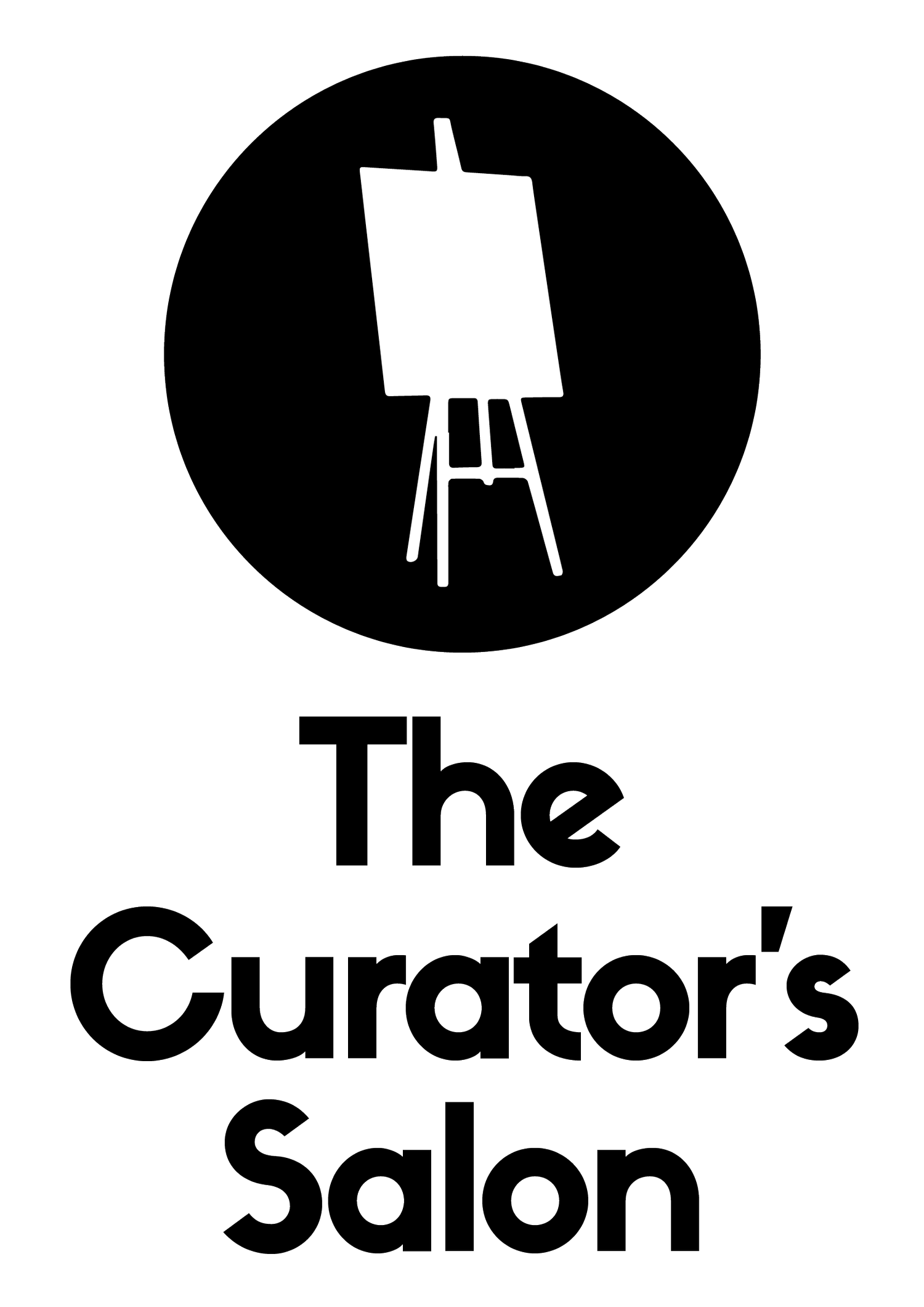The biggest concerns around selling through a gallery
Artists often face various obstacles and fears when it comes to selling their work through a gallery. Some of the most common concerns include:
Representation: Artists worry about finding the right gallery that aligns with their artistic vision and values. They fear that the gallery may not fully understand or appreciate their work, leading to misrepresentation or compromising their artistic integrity.
Financial Concerns: Selling through a gallery typically involves a commission structure, where the gallery takes a percentage of the artwork's sale price. Artists may worry about whether they will receive fair compensation for their work and whether the commission will significantly impact their earnings.
Rejection: Many artists fear the possibility of rejection by galleries. They worry about not being accepted or not meeting the gallery's standards, which can be disheartening and impact their confidence in their artistic abilities.
Lack of Control: Artists may feel a loss of control when their work is exhibited in a gallery. They worry about how their art will be displayed, curated, or priced, fearing that their artistic intentions may be misunderstood or compromised.
Limited Exposure: Artists may fear that their work won't receive enough exposure or promotion in a gallery setting. They worry about their art being overshadowed by other artists or not reaching a wide enough audience to generate sales and recognition.
Contractual Obligations: Artists may have concerns about the terms and conditions of the gallery's contract. They fear potential legal or financial complications that may arise, such as exclusivity clauses, long-term commitments, or disputes over ownership or copyright.
Selling Pressure: Some artists worry about the pressure to continuously produce and sell work to meet the demands of the gallery. They fear that this pressure may stifle their creativity or force them into producing art solely for commercial purposes.
It's important for artists to carefully research and choose galleries that align with their goals and aspirations. Open communication, understanding the terms of the agreement, and maintaining a healthy relationship with the gallery can help address these concerns and create a positive experience for both the artist and the gallery.
If you would like to understand more about how galleries work - because there are so many variations - with a view to getting your art on their walls, check out the online program, Gallery Ready here
